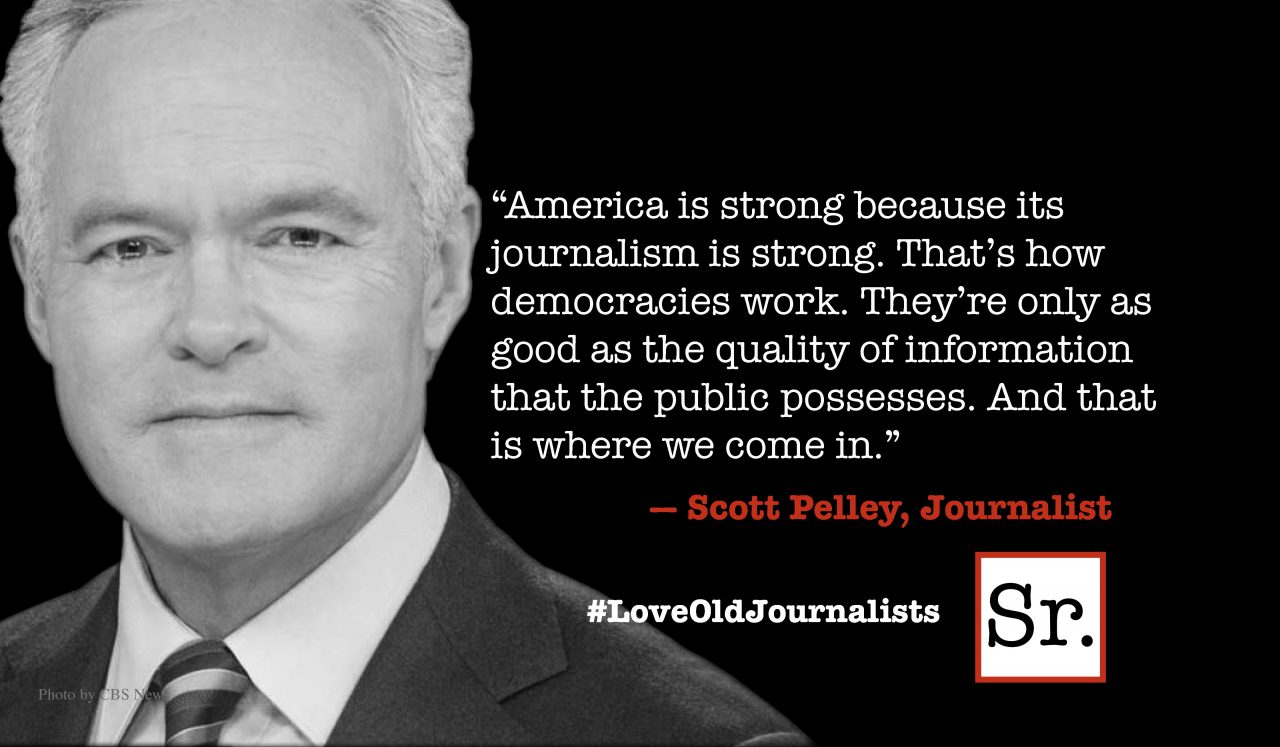Masterful and maddening, spectacularly original and hugely frustrating, Ari Folman’s “The Congress” is unlike any other film I can name. Though it dabbles with elements explored by fantasy epics like “The Matrix,” it has its own distinct personality.
Some of us are going to love it. Some will be irritated by it. And some — like me — will experience both emotions.
Folman’s film (he was the creator of “Waltz With Bashir,” the brilliant animated effort about PTS among former Israeli soldiers) opens on the aging but still-beautiful face of actress Robin Wright.
Wright is playing herself here — or rather an alternative universe version of herself — and she’s reduced to tears as her long-time agent (Harvey Keitel) tells her that at age 44 her acting career is all but kaput.
She’s made too many bad choices in men, movies, and friends, he says. She’s thrown up too many obstacles about the kind of work she’ll do (no science fiction, no porn, no Holocaust movies) and she has earned a rep for not showing up on the set. Yes, yes, usually it’s because she has to deal with yet another emergency involving her son (Kodi Smit-McPhee), who is slowly going both blind and deaf. But that excuse has gotten old.
A meeting with a bullish exec (Danny Huston) at Miramount Pictures provides a last-ditch solution.
The movie biz has been so changed by digital technology, the desk jockey explains, that actors are obsolete. Most stars have allowed their faces, bodies, voices and emotions to be scanned into a computer where they can be reanimated by skilled CG artists.
The avatar actors thus created can be made younger or older, fatter or thinner. They’re never late. They make no demands or complaints. They never throw tantrums — unless the script calls for it.
“I need Buttercup from ‘The Princess Bride’,” the exec says. “I don’t need you.”
For allowing herself to be digitized, Wright will receive a payout big enough to support her family for the rest of their days. But she will never be allowed to act again…not on film, on TV, or in a high school play.
“Robin Wright” will be a visual product wholly owned by Miramount Pictures.
This concept and its presentation is borderline brilliant. For its first 40 minutes “The Congress” seems like a perfect synthesis of sci-fi ideas, social commentary and art film sensibilities. An example of the latter is the 10-minute monologue spoken by Keitel’s agent in an effort to make Wright go through virtually every emotion while she’s being computer scanned.
The film then jumps ahead 20 years. Wright, now in her mid-60s, has been invited to be a guest of honor at a big Miramount event called the Futurist Congress. While she has been laying low, her digital self –eternally young — has gone on to become the world’s biggest sci-fi action heroine. (We see scenes and trailers from these films, a sort of Lara Croft/Aeon Flux hybrid.)
But here’s the thing…attendees at the Congress must take a pill that converts them to animated characters. And the long middle portion of the film is just that, a superbly animated segment in which the revelers take the form of animated famous folk (Chaplin, Clint Eastwood in serape, etc.) and move through a fully animated world.
Visually this is amazing stuff, like a melding of anime master Hayao Miyazaki with Heironymous Bosch.
But the big celebration goes off the tracks when the animated Robin Wright basically tells the crowd they’re full of shit. Then the convention hotel is attacked by a rebel army (again, animated).
Wright only escapes with the assistance of Dylan (voiced by Jon Hamm), who for the last 20 years has animated the on-screen Robin Wright and as a result is obsessed with her.
Sound a bit complicated? You have no idea.
Soon it’s the turn of the film itself to go off the tracks. Folman clearly has more ideas here than he can present in coherent dramatic form.
Wright goes into a cryogenic sleep for another 20 years, emerging to find that now virtually the entire world is animated. Somewhere there is a “real” world in which individual’s physical bodies reside, but mentally they are all looped into the same 24/7 brightly-colored fantasy.
But Robin Wright is desperate to get back to that elusive reality and the son who still needs her.
When “The Congress” (it’s inspired by a novel by Polish science fiction genius Stanislaw Lem) is good it is very, VERY good.
But Folman cannot keep the magic going. Like the character Dylan, he falls in love with the make-believe. The film’s animated central section runs for an hour and is in desperate need of trimming and re-focusing.
But I’ll give Folman this: In the movie’s last minutes he achieves a haunting sense of sadness and loss that has stuck with me for several days.
“The Congress” is brave filmmaking for brave filmgoers.









